Data Governance ensures accurate and consistent data management across an organization. It establishes clear policies and standards for data management, helping companies maximize their data's value.
Solutions in Data Governance offer structures and processes that streamline data management, ensuring compliance with regulations and enhancing data quality. Businesses benefit from improved decision-making capabilities and operational efficiencies. Feedback highlights the adaptability of these solutions to different organizational sizes and needs, emphasizing their importance in creating reliable data frameworks that support strategic objectives.
What are the key features of Data Governance solutions?In industries like finance, healthcare, and manufacturing, solutions are implemented to manage sensitive information, ensuring compliance and enhancing data-driven decision-making. They are integrated into existing IT infrastructures, providing scalability and flexibility required by industry-specific regulations.
Data Governance provides organizations with the framework needed to maintain control over their data, ensuring it is used effectively and responsibly to drive business results.
| Product | Market Share (%) |
|---|---|
| Microsoft Purview Data Governance | 21.4% |
| Varonis Platform | 10.6% |
| Collibra Governance | 7.9% |
| Other | 60.1% |


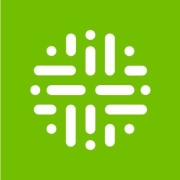




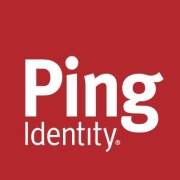
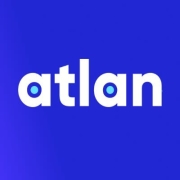



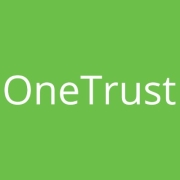
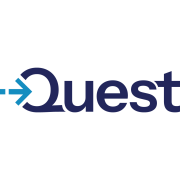




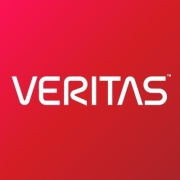
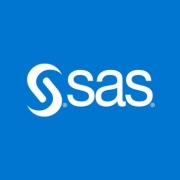
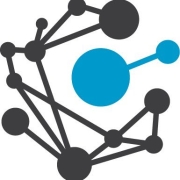















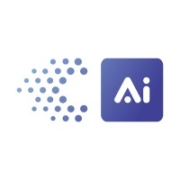

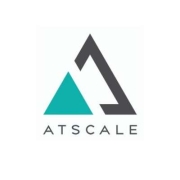
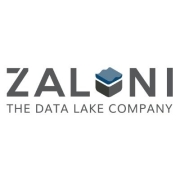


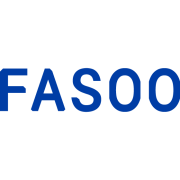


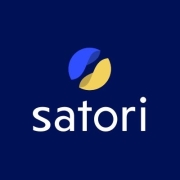

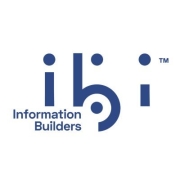
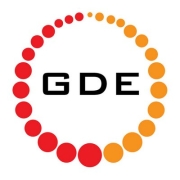

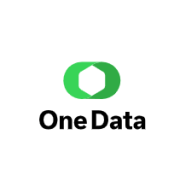




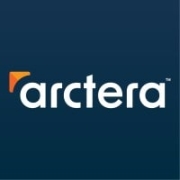


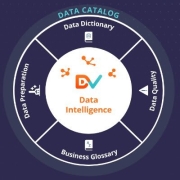
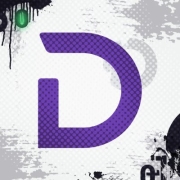


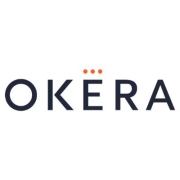



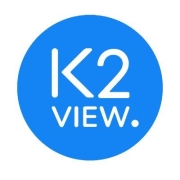
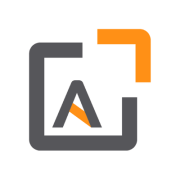





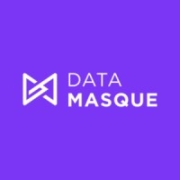






Data Governance ensures data accuracy, consistency, and security across organizational systems. It enhances decision-making by providing reliable data frameworks and compliance with regulatory standards. By defining roles and responsibilities for data management, Data Governance reduces data silos, increasing operational efficiency. It facilitates risk management by safeguarding sensitive data and minimizing data breaches. Enhanced data quality through standardized processes results in improved analytics and business insights. Data Governance supports integration of data across disparate systems, ensuring seamless information flow. Adopting strong Data Governance practices enables organizations to harness data as a strategic asset, gaining competitive advantages in their respective industries.
Data Governance solutions enhance data quality by implementing standardized procedures and policies for data management, ensuring data consistency and accuracy. They help in defining data ownership and accountability, which reduces errors and discrepancies. By deploying data profiling and cleansing tools, these solutions facilitate the identification and correction of data defects. Enhanced data quality leads to better decision-making and efficient business operations.
What role do Data Governance solutions play in regulatory compliance?Data Governance solutions are critical in ensuring regulatory compliance by providing frameworks to manage data according to legal standards. They help identify, document, and monitor compliance requirements such as GDPR or CCPA. By maintaining detailed audit trails and secure access controls, these solutions reduce the risk of data breaches and legal penalties. You stay compliant by having visibility into data lineage and lifecycle management.
Why is metadata management important in Data Governance?Metadata management is crucial because it provides context and meaning to your data, making it easier to organize, search, and retrieve information. Data Governance solutions that incorporate metadata management enable you to understand data sources, definitions, and usage. This capability improves data consistency and analytics, providing you with accurate insights. Effective metadata management allows for better data stewardship and increases user trust in the data.
How do Data Governance solutions improve data security?Data Governance solutions improve data security by implementing robust access controls and data protection policies. These solutions define data access rights and restrictions, ensuring that only authorized users can access sensitive information. By monitoring data usage and patterns, they help in the early detection of anomalies and potential security threats. Data classification and encryption further protect data from unauthorized access and breaches, keeping your data secure.
What are the benefits of implementing a Data Governance framework?Implementing a Data Governance framework brings multiple benefits, including improved data quality, enhanced decision-making, and reduced risk. By standardizing data processes and policies, these frameworks ensure data consistency and integrity across your organization. They also provide clear data ownership and accountability, leading to more efficient data management. As a result, you gain a competitive advantage by making informed decisions based on trusted data.